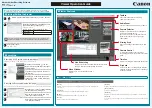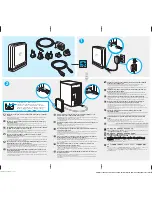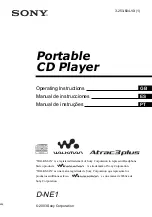
Option
Description
localcaching
Caution: This option should not be used
when GFS file systems are shared.
GFS can then turn on selected optimization
capabilities that are not available when running in
cluster mode. The
localcaching
flag is
automatically turned on by
lock_nolock
.
localflocks
Caution: This option should not be used
when GFS file systems are shared.
Tells GFS to let the VFS (virtual file system) layer
do all flock and fcntl. The
localflocks
flag is
automatically turned on by
lock_nolock
.
lockproto=LockModuleName
Allows the user to specify which locking protocol to
use with the file system. If
LockModuleName
is not
specified, the locking protocol name is read from
the file-system superblock.
locktable=LockTableName
Allows the user to specify which locking table to
use with the file system.
oopses_ok
This option allows a GFS node to not panic when
an oops occurs. (By default, a GFS node panics
when an oops occurs, causing the file system used
by that node to stall for other GFS nodes.) A GFS
node not panicking when an oops occurs
minimizes the failure on other GFS nodes using the
file system that the failed node is using. There may
be circumstances where you do not want to use
this option — for example, when you need more
detailed troubleshooting information. Use this
option with care.
Note: This option is turned on automatically if
lock_nolock
locking is specified; however, you
can override it by using the
ignore_local_fs
option.
upgrade
Upgrade the on-disk format of the file system so
that it can be used by newer versions of GFS.
Table 4.2. GFS-Specific Mount Options
3. Unmounting a File System
The GFS file system can be unmounted the same way as any Linux file system — by using the
umount
command.
Chapter 4. Managing GFS
20
Summary of Contents for GLOBAL FILE SYSTEM 4.7
Page 4: ...Global File System...
Page 12: ...xii...
Page 20: ...8...
Page 24: ...12...
Page 58: ...46...
















































